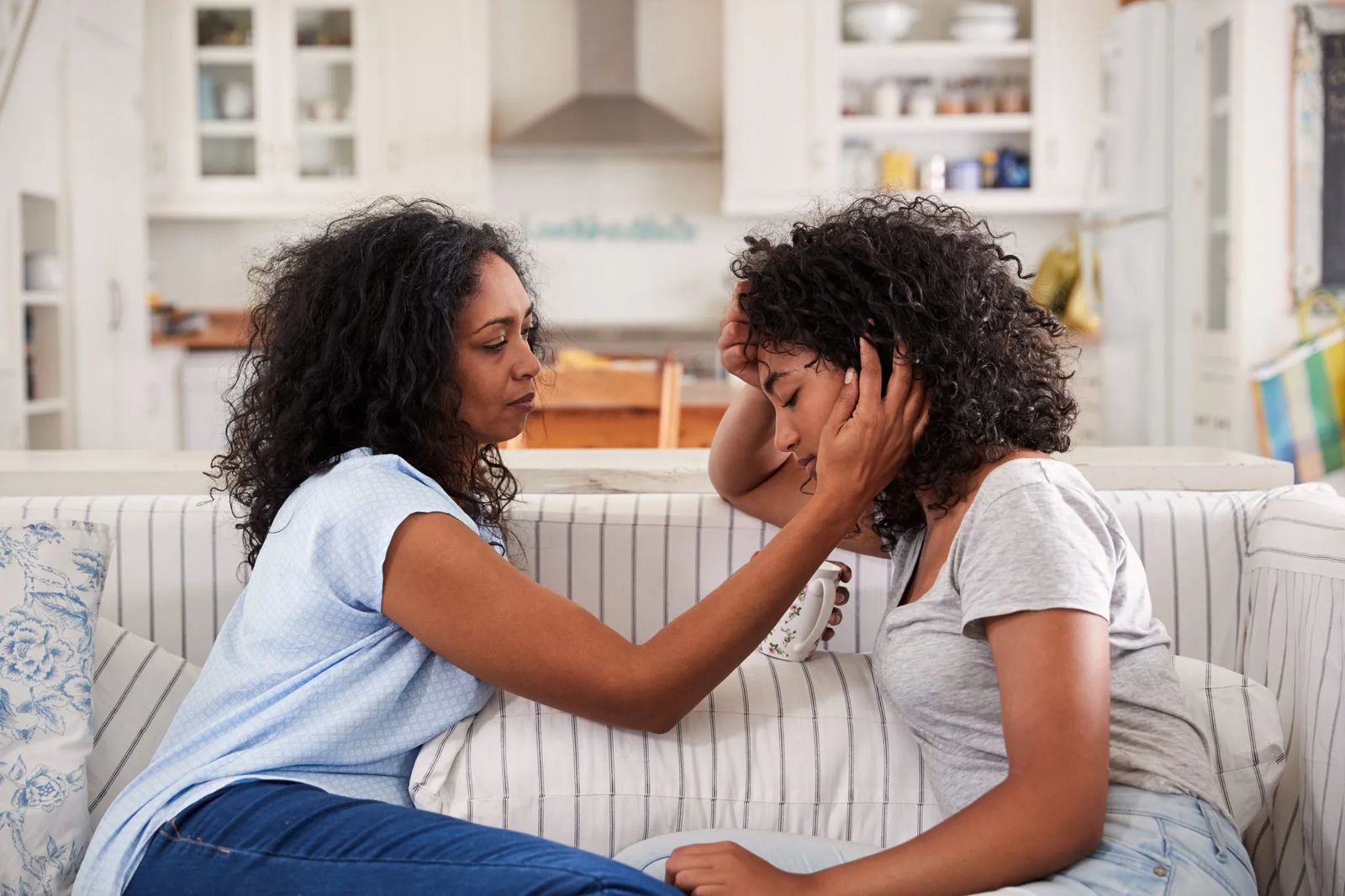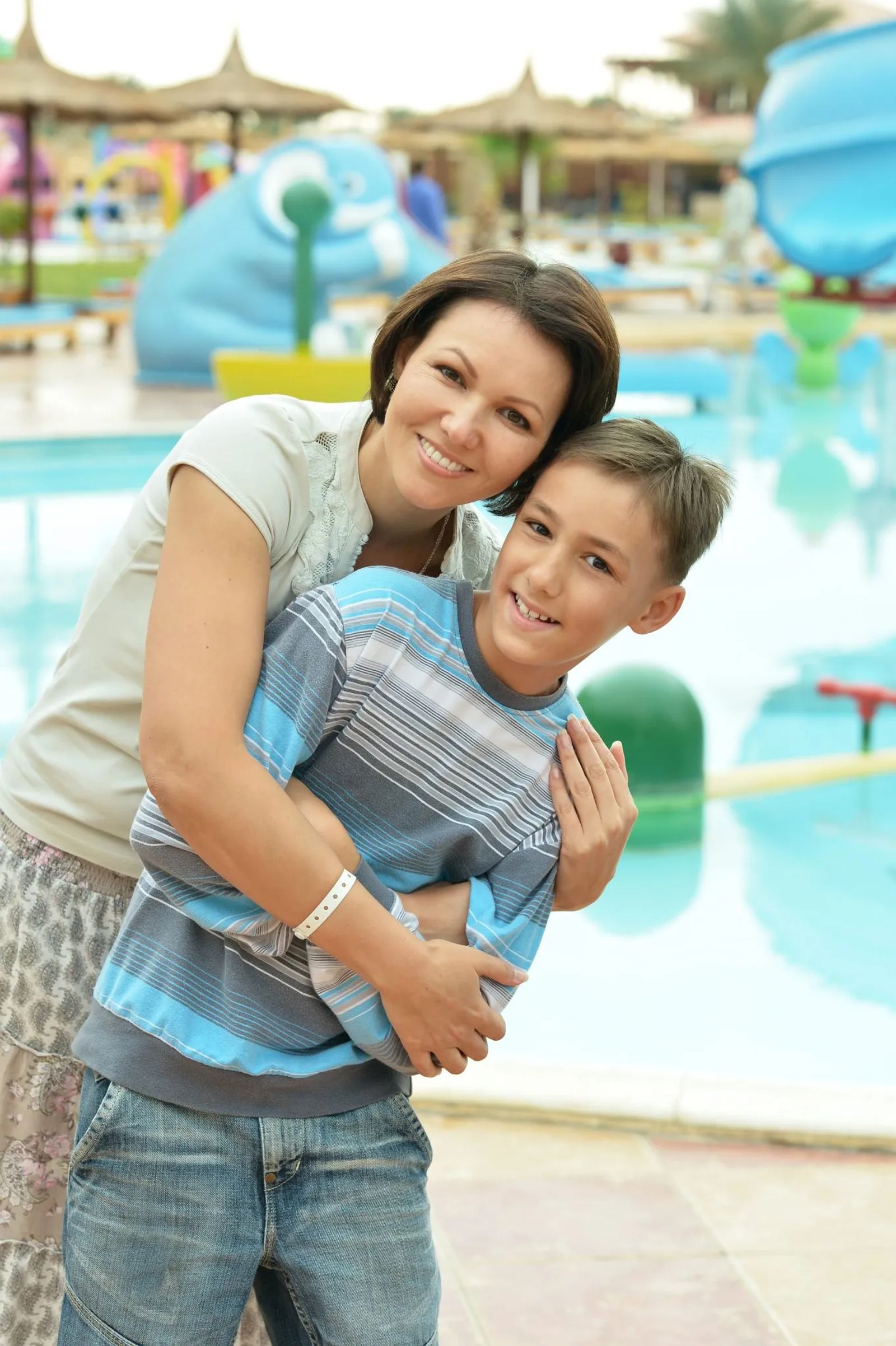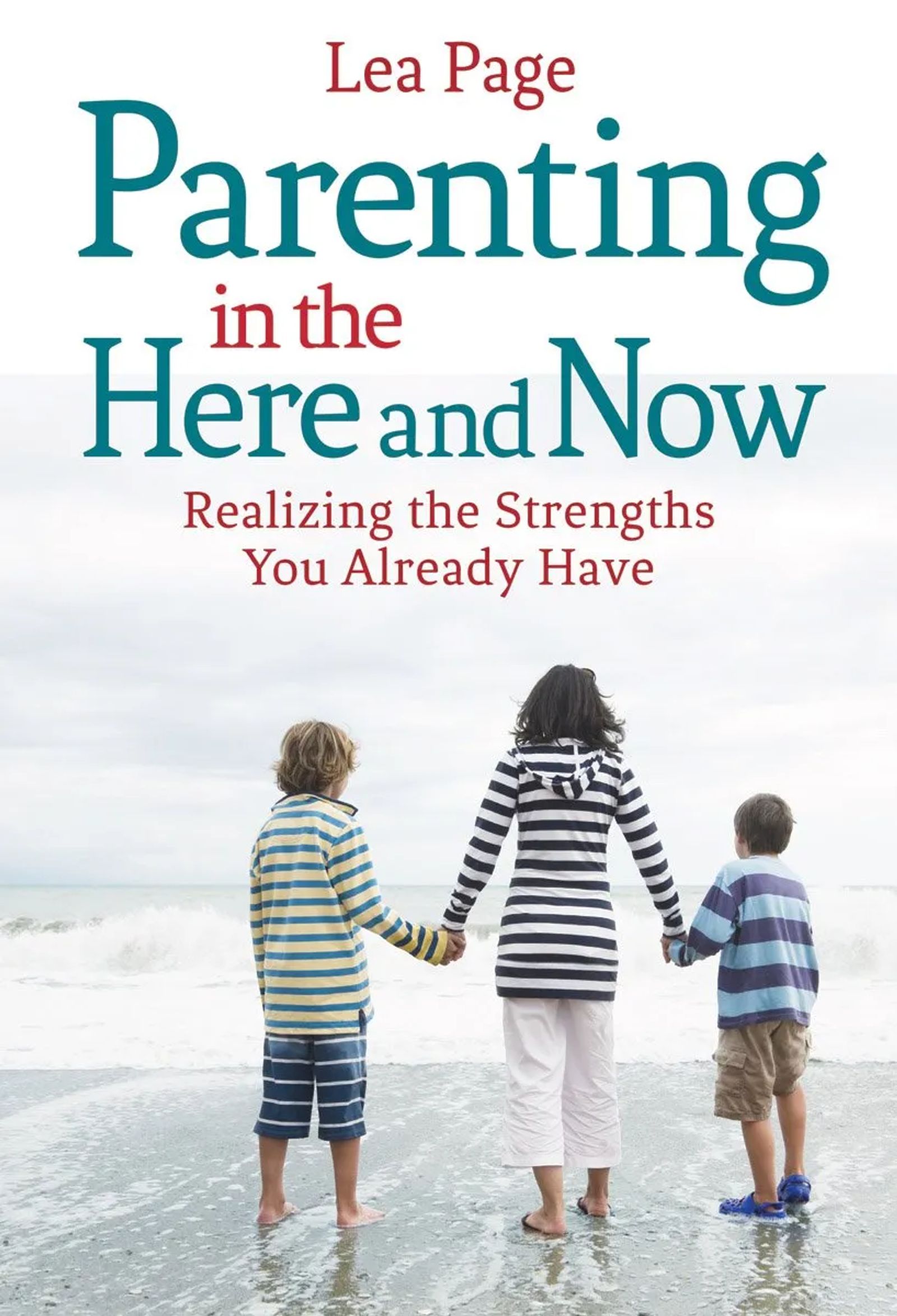
Be the Lighthouse
Navigating the waters of the teenage years
Being a teenager isn’t easy. It’s a slippery ledge between childhood and adulthood as teens lean out and into the risks and privileges of the grown-up world. Being the parent of a teenager can seem just as treacherous, a balancing act between holding the baby you’ve known forever and releasing your child — one finger at a time — to become an adult.
Connection is everything.
“What they needed as a toddler they need as a teenager, just slightly adjusted,” says Lea Page, author of the book “Parenting in the Here and Now, Realizing the Strengths You Already Have.” “They go out and come back with a little more freedom each time and they have to know that you will be the same every time they return — a lighthouse in rough waters that doesn’t move and always shines, ‘Come back, I’m here.’”
Ideally, the teen years build on a foundation of trust that’s established over the course of childhood, Page says. While you might take a new approach, the connection is there. Being a lighthouse requires listening as hard as you can, then listening some more. It requires you to find ways to connect in the everyday, to always look for the good in your children even when they make mistakes, and to reach out with affection in little ways.

THE ART OF LISTENING
Listening creates connection, and it sends teens a message that they are important and what they have to say matters, says Gwen Felten, M.A. LCPC, a counselor at Northwest Counseling. Felten is parenting two teenagers and says that even the smallest sliver of time spent in the most mundane of places can be used to create connection.
“Spend time with them in their world, doing something they enjoy,” she says. “We need to have relationship without a discussion about hot topics. Don’t have any agenda for the conversation and just relax. When you do talk about hot topics try to make it brief and don’t lecture.”
In many ways, teenagers are experiencing their world in the same way toddlers experience theirs – the topics that fascinate them are just broader and more complex, Page says.
“The best thing parents can do is to remain curious about what they are doing,” she adds.
The best conversations happen side by side with the distraction of an activity. Any old trip to the store, household chore, or project will do, but perhaps the best opportunity for connection is in the car.
“Teenagers don’t like to sit face to face and talk,” Felten says.
“When you’re doing something, a physical activity, especially with your hands, it frees your mind to take in information and to share,” Page says. “When they share, we need to honor their vulnerability. It’s not time to fix it or give advice.”
Physical presence even without conversation creates a connection, so if the conversation lags, it’s not necessary to revive it with a bunch of questions. Keep things fun and simple, Felten suggests.

TOUCH IS STILL IMPORTANT
Teenagers need touch as much as children of any age, but as they get older, the ways parents show affection need to evolve. With teenagers, it’s a quick shoulder rub, a hug from the side or from behind, linking arms for a quick minute while walking, or a gentle, playful kick while watching a movie. While teens are pulling away, and they will, parents need to get creative in the ways they reach out.
“There’s a lot we as humans gain from touch,” Page said. “It’s our very first sensory experience and that’s important for us to maintain, but as a society we’re so out of touch anymore.”
LOOK FOR THE GOOD
Freedom and responsibility go hand in hand, and parents’ increasing expectations for teens naturally put them at greater risk for disappointment. However, parents need to accept that their children will make mistakes, and all mistakes are opportunities for learning.
“They are simply still learning, and you are simply not done teaching,” Page says. “They’ll screw up and you’ll screw up.”
When teens make mistakes, parents need to be there as a guide to help them sort it out, make amends, and make it right whenever possible. Rescuing by becoming overly involved may be a parent’s first reaction, but in the long run, it is not helpful, Page adds. When you make a mistake, recognize that it’s an opportunity to model the behavior you expect from your teenager – even if that means apologizing to your teen.
In times of disappointment, avoid shaming your child, Felten advises. Focus on the decisions and actions that led to the mistake – and remember it’s never a result of your child’s core identity.
“Shame erodes their self-confidence and self-esteem,” Felten says.
When you catch your teenagers doing something good, give them a little recognition. Avoid, “yes, but” statements that attach conditions to your approval.
“Praise them a lot, look for the best, and address their shortcomings later,” Felten says.
Page agrees. “Parents need to be relentless in looking for the good in their children and giving them recognition,” she says. “It doesn’t mean that you don’t address their behaviors and shortcomings, but the good should always come first.”
Even with all the experts’ advice, teens and their parents will face life’s storms. Rough waters will undoubtedly rock the boat, but parents, take heart, you are the lighthouse.

LOOKING FOR A DEEPER DIVE INTO THE TOPIC OF PARENTING?
Lea Page lives in Red Lodge and is the author of “Parenting in the Here and Now, Realizing the Strengths You Already Have,” a practical, life-giving approach to parenting and family life. She and her husband raised two children, both homeschooled, who are now in their 20s. Page was compelled to write the book by friends and family who frequently leaned on her for parenting advice. To learn more, visit leapageauthor.com.












